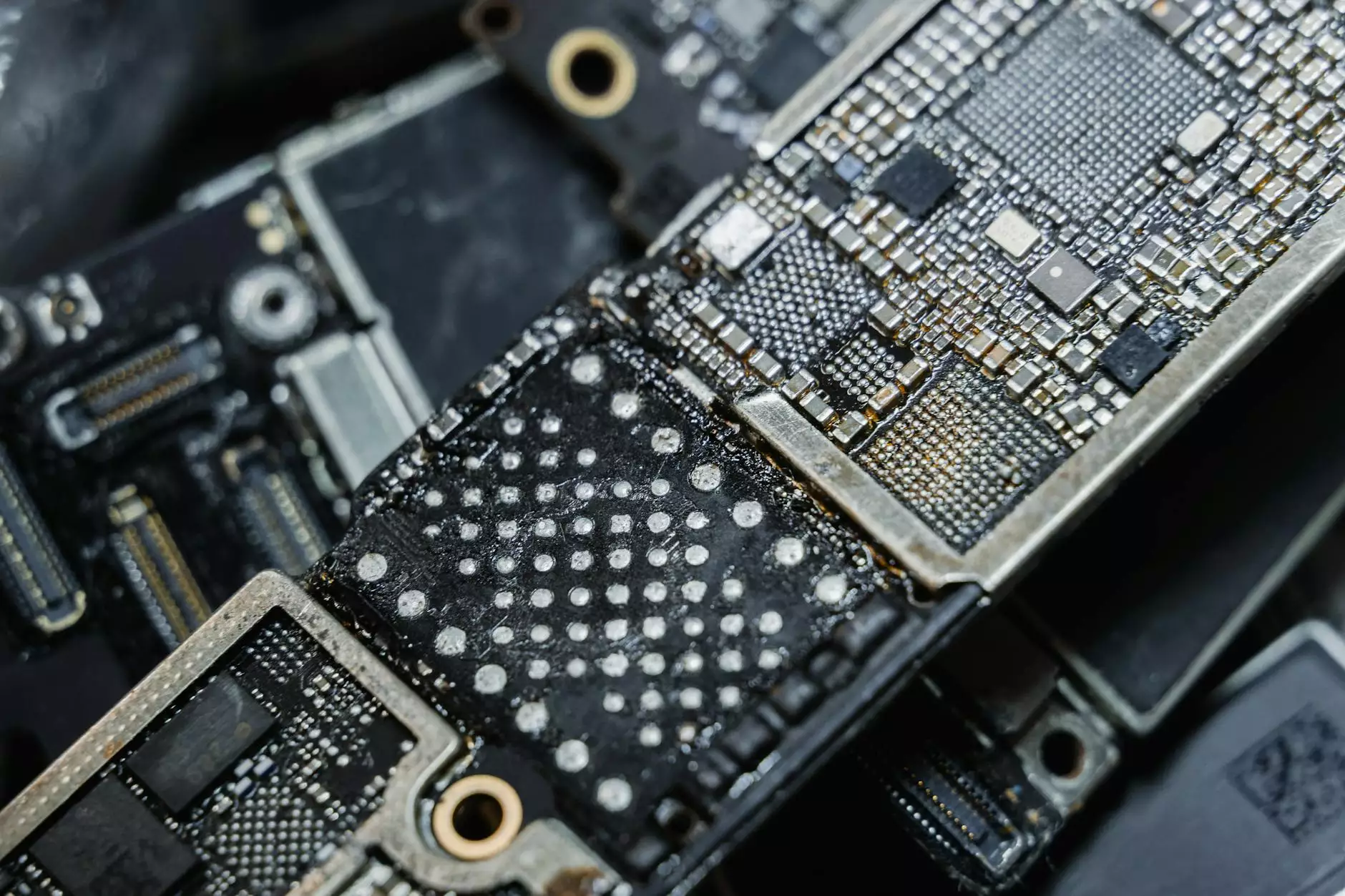The Importance of the TCU Transmission Controller in Modern Vehicles

In today's automotive industry, the drive towards innovation and efficiency is at the forefront of engineering developments. One of the key components that have evolved significantly over recent years is the TCU transmission controller. This essential device plays a pivotal role in enhancing vehicle performance, ensuring a smooth driving experience, and optimizing fuel efficiency. In this article, we will delve deep into the intricacies of TCU transmission controllers, their functions, benefits, and their growing significance in the automotive sector.
What is a TCU Transmission Controller?
The Transmission Control Unit (TCU) is an electronic device responsible for controlling the operation of a vehicle's transmission. It is a crucial part of modern automatic transmission systems and works in conjunction with various sensors and other control units within the vehicle. The TCU interprets data from these sensors to make real-time adjustments to the transmission's operation, ensuring optimal shifting and performance.
How Does a TCU Work?
The functioning of a TCU involves a complex process. To simplify, the TCU receives data from numerous sensors located throughout the vehicle, which may include:
- Throttle Position Sensor (TPS): Monitors the position of the accelerator pedal.
- Vehicle Speed Sensor (VSS): Determines the speed of the vehicle.
- Engine RPM Sensor: Tracks the revolutions per minute of the engine.
- Transmission Fluid Temperature Sensor: Monitors the temperature of the transmission fluid.
With this information, the TCU makes split-second decisions to shift gears at the ideal moment, enhancing performance and fuel economy. For instance, by recognizing engine load and speed, the TCU can initiate early shifts to save fuel during light driving conditions, or delay shifts under heavy acceleration for maximum power delivery.
Key Functions of the TCU Transmission Controller
The TCU transmission controller performs several crucial functions that contribute to the overall efficiency and performance of a vehicle:
1. Optimizing Shifting Patterns
One of the primary roles of the TCU is to determine the optimal shifting patterns based on driving conditions. This helps in providing a seamless transition between gears, contributing to a smoother ride and enhanced vehicle control.
2. Managing Torque Converter Lock-Up
In many modern automatic transmissions, the TCU controls the torque converter lock-up feature, which enhances fuel efficiency by allowing a direct connection between the engine and transmission when cruising.
3. Monitoring and Adjusting Transmission Temperature
Heat management is critical in transmission operation. The TCU monitors the transmission fluid temperature and makes adjustments to preserve performance and prevent overheating, which can lead to transmission failure.
4. Diagnostics and Trouble Codes
Modern TCUs are equipped to perform diagnostic functions. They can detect malfunctions within the transmission system and communicate trouble codes to the vehicle's onboard diagnostics. This ensures timely maintenance and repairs, reducing long-term repair costs.
Benefits of a TCU Transmission Controller
The advancements in TCU technology have resulted in numerous benefits for both manufacturers and consumers:
1. Enhanced Fuel Efficiency
By optimizing the transmission's operation, the TCU can significantly improve a vehicle's fuel efficiency, which is a critical consideration for consumers today. The ability to adapt shifting patterns to driving conditions means less fuel consumption in everyday driving scenarios.
2. Improved Driving Comfort
A well-functioning TCU ensures that shifts occur at the right time and with minimal disruption, providing a more comfortable driving experience. This is particularly noticeable in stop-and-go traffic where smooth transitions can prevent jarring shifts.
3. Increased Performance
For performance-driven vehicles, the TCU plays a vital role in ensuring that the engine operates at its peak potential. Quick and accurate gear changes can enhance acceleration and overall responsiveness, providing an exhilarating driving experience.
4. Long-Term Reliability
Investing in a high-quality TCU can lead to increased reliability and longevity of the vehicle’s transmission system. With advanced diagnostics, potential issues can be addressed before they escalate into significant problems.
Common Issues with TCU Transmission Controllers
Despite their benefits, TCU transmission controllers can encounter issues. Understanding common malfunctions can help vehicle owners take preventive measures:
- Transmission Slipping: When the transmission fails to engage properly, it could indicate a malfunctioning TCU.
- Delayed Shifting: If gear changes are noticeably delayed, this could signal an issue with the TCU's ability to process sensor inputs.
- Increased Fuel Consumption: A faulty TCU may not optimize shifts correctly, leading to poorer fuel efficiency.
- Diagnostic Trouble Codes: If the onboard diagnostics reveal trouble codes related to transmission performance, it may necessitate a TCU inspection.
Maintenance Tips for TCU Transmission Controllers
Maintaining the performance of your vehicle’s TCU is vital for ensuring a smooth and efficient driving experience. Here are some practical tips:
1. Regular Diagnostics
Utilizing diagnostic tools to check for trouble codes regularly can help identify potential issues early on.
2. Transmission Fluid Changes
Keeping the transmission fluid clean and at the appropriate level is essential. Contaminated or low fluid can affect the TCU’s performance.
3. Professional Inspections
Having a qualified professional inspect the transmission system, including the TCU, can prevent minor issues from becoming major repairs.
Future Trends in TCU Technology
The evolution of the TCU is far from over. As automotive technology continues to advance, we can anticipate several exciting developments:
1. Integration with Autonomous Technology
With the rise of autonomous vehicles, the role of the TCU will expand to include more complex decision-making capabilities, ensuring safe and efficient operation in diverse conditions.
2. Enhanced Connectivity
Future TCUs may feature improved connectivity options, allowing for seamless integration with smart devices and vehicle-to-vehicle communication for better traffic management.
3. Artificial Intelligence (AI) Adaptation
AI-driven algorithms could enable TCUs to learn from driving habits and optimize performance over time, further enhancing efficiency and comfort.
Conclusion
The TCU transmission controller is a cornerstone of modern automotive engineering, ensuring smooth operation, improved fuel efficiency, and a more enjoyable driving experience. As technology continues to evolve, the TCU will only become more advanced, playing an even more integral role in the future of vehicles. Investing in quality automotive parts like the TCU from reputable suppliers, such as Shenghai Auto Parts, can guarantee that your vehicle performs at its best. Understanding, maintaining, and anticipating the needs of your TCU will not only enhance the longevity of your vehicle but also ensure that you are at the forefront of automotive technology.









